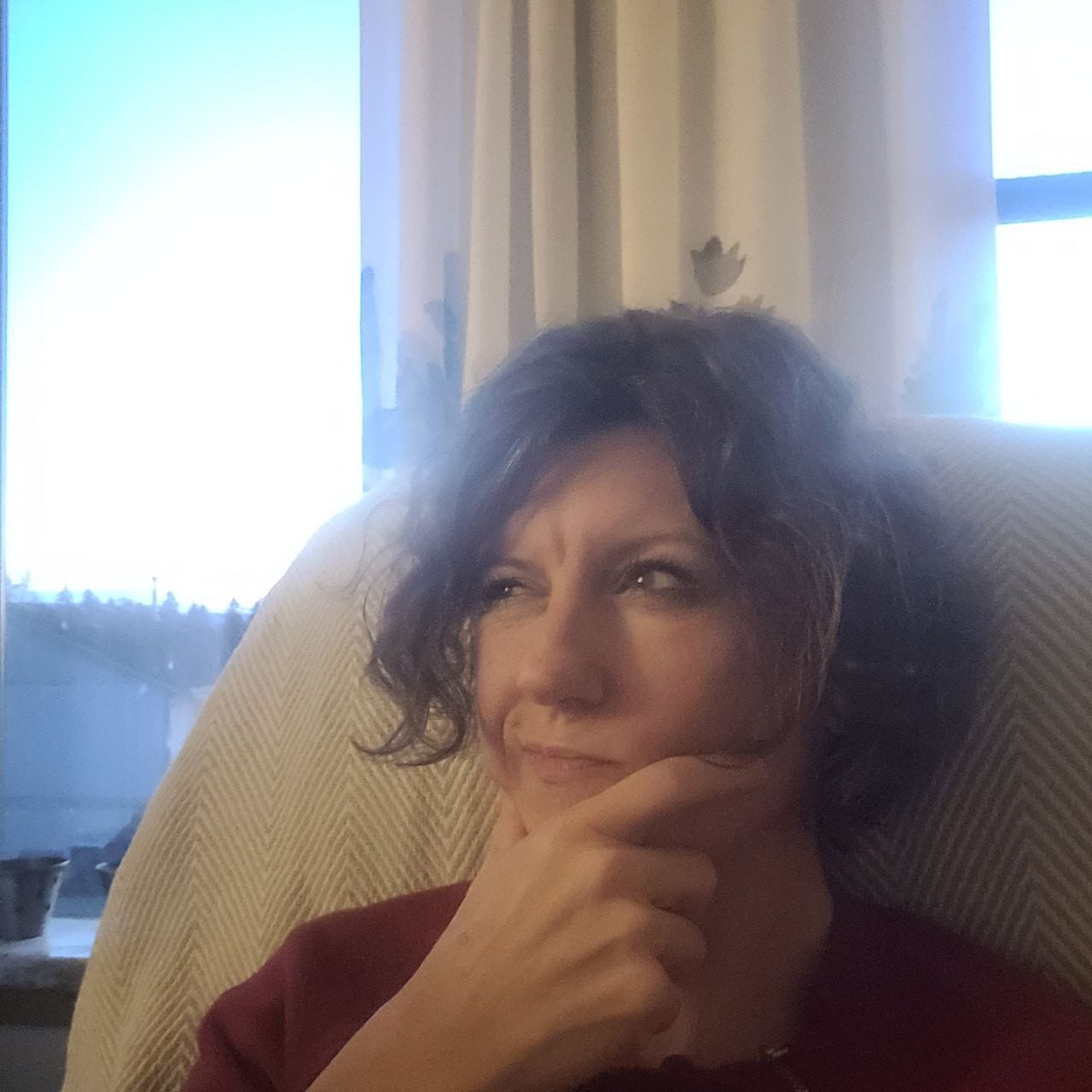Left-brain/Right-brain Collaboration and Competition
mmm... brains... ;)
Today, I heard a question asked about whether competition was a left brain activity and collaboration was a right brain activity.
I wonder if that might be too simple a distinction. It seems to me there is a right-brain and left-brain orientation to each, where the right brain is more infinite game-oriented, and the left brain is more finite game-oriented, with the infinite game having capacity to hold the finite game. Iain McGilchrist has talked about the phenomenon where the right brain can hold the left brain as useful, as an important part to work with, while recognizing neither hemisphere is the whole brain, whereas the left brain thinks the left brain is the entire brain.
And so perhaps a left-brain orientation to competition might be to win for the sake of winning, perhaps even to crush or destroy or diminish or remove the opposition (importantly framed as opposition, perhaps even enemy) — goal-oriented. A left-brain orientation toward collaboration might be: “I will collaborate with you *so that* I can get ahead,” or, “… *so that* our project can win.” “I will collaborate with you *in order to* [and then fill in the blank].”
A right-brain orientation to collaboration might be something like collaboration for the possibility of emergence and synergy, and what might come of the collaboration. Collaborating might result in a partnership. It might result in a book – but it might result in what was hoped to be a book but becomes three books or becomes 20 pamphlets or becomes a docuseries. Collaboration with a right-brain orientation would be more process-oriented, and have more of a mutual benefit aspect, a sort of reciprocal opening as John Vervaeke says.
And it does seem to me there is room for a sort of right brain competition. Competition, etymologically (com + petere = with + to strive), is to strive or rush together, efforting together. In that vein, when you have team members collaborating on a team, yes, they are striving together to compete with/against another team. The players on each team are collaborating with each other to beat the other team.
But in the greater scheme, let's say with chess, for example, the two players who are technically competing against each other are actually also collaborating in favor of and in service of the infinite game of chess. They play according to the rules such that the game as they know it can continue. If the opponent who lost killed the one who won, and this became a trend, then what would have been the infinite game of chess would be compromised. They strive together in that they play within the enabling constraints of the rules (some of those rules including taking pieces and working toward check/mate), recognizing not following them would have them disqualified (or at least considered an uninteresting opponent).
The chess players compete in order to have a worthy opponent with whom to engage in opponent processing. It’s no fun to play (other than for training purposes, perhaps) with opponents who are at wildly different skill levels. They compete in order to hone their skills and their chess playing, which in turn hones the skills of their opponents, and which includes much more than “skill.” In actual competition, there is intuition, instinct, impulse, not all of which is necessarily followed, but which is considered, on some level, just as each analytical potential isn’t followed, but is, in as much as makes sense, included in decision-making.
John Verveake has talked about the idea of “rational” as including the possibility for wisdom or usable information to come as epiphanies and unexplained insights, that rationality and reason are not actually the same thing (I haven’t been able to source where I heard this, I’m still looking). Likewise, in a game of soccer or chess, a skilled player can take the analytical mind only so far. It isn’t rational to use only logic to determine next steps.
Something else that seems very right-brained is happening, an affordance only opened through the engagement in the competition. And so a right-brain orientation to competition would be about more than winning. It's a demonstration of embodied understanding. Only with a truly worthy opponent can that demonstration actually come into fulfillment. So in that way, competition can actually be this mutually enabling, collaborative process aimed for the best in all.


Love the photo. Classic.
May we each practice this worthiness that mutually enables differences to express and collaborate for the best in all.
Thank you for this opening up 'competition' beyond zero sum!